Stuart Russell & Peter Norvig – Artificial Intelligence. A Modern Approach
Description:
Stuart Russell was born in 1962 in Portsmouth, England. He received his B.A. with first-class honours in physics from Oxford University in 1982, and his Ph.D. in computer science from Stanford in 1986. He then joined the faculty of the University of California at Berkeley, where he is a professor of computer science, director of the Center for Intelligent Systems, and holder of the Smith–Zadeh Chair in Engineering. In 1990, he received the Presidential Young Investigator Award of the National Science Foundation, and in 1995 he was cowinner of the Computers and Thought Award. He was a 1996 Miller Professor of the University of California and was appointed to a Chancellor’s Professorship in 2000. In 1998, he gave the Forsythe Memorial Lectures at Stanford University. He is a Fellow and former Executive Council member of the American Association for Artificial Intelligence.
Peter Norvig is currently Director of Research at Google, Inc., and was the director responsible for the core Web search algorithms from 2002 to 2005. He is a Fellow of the American Association for Artificial Intelligence and the Association for Computing Machinery. Previously, he was head of the Computational Sciences Division at NASA Ames Research Center, where he oversaw NASA’s research and development in artificial intelligence and robotics, and chief scientist at Junglee, where he helped develop one of the first Internet information extraction services. He received a B.S. in applied mathematics from Brown University and a Ph.D. in computer science from the University of California at Berkeley. He received the Distinguished Alumni and Engineering Innovation awards from Berkeley and the Exceptional Achievement Medal from NASA.
Here’s what you’ll get:
- Intelligent Agents.
- Solving Problems by Searching.
- Informed Search Methods.
- Game Playing. Agents that Reason Logically.
- First-order Logic.
- Building a Knowledge Base.
- Inference in First-Order Logic.
- Logical Reasoning Systems.
- Practical Planning.
- Planning and Acting.
- Uncertainty.
- Probabilistic Reasoning Systems.
- Making Simple Decisions.
- Making Complex Decisions.
- Learning from Observations.
- Learning with Neural Networks.
- Reinforcement Learning.
- Knowledge in Learning.
- Agents that Communicate.
- Practical Communication in English.
- Perception.
- Robotics
Business online course
Information about business:
Business is the activity of making one’s living or making money by producing or buying and selling products (such as goods and services).
[need quotation to verify] Simply put, it is “any activity or enterprise entered into for profit.
It does not mean it is a company, a corporation, partnership, or have any such formal organization, but it can range from a street peddler to General Motors.”
Having a business name does not separate the business entity from the owner, which means that the owner of the business is responsible and liable for debts incurred by the business.
If the business acquires debts, the creditors can go after the owner’s personal possessions.
A business structure does not allow for corporate tax rates. The proprietor is personally taxed on all income from the business.


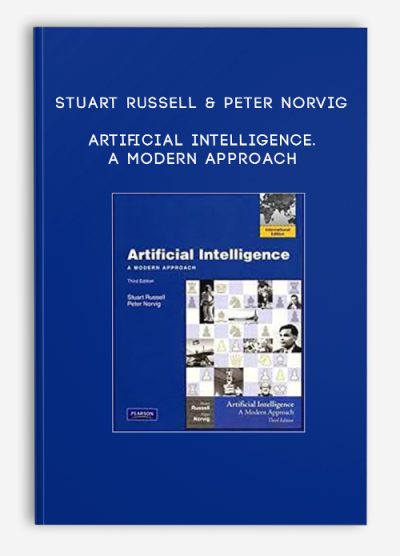


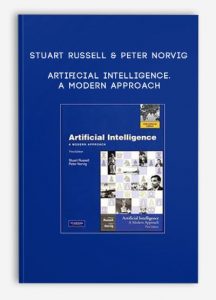

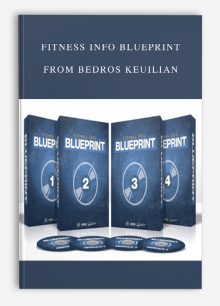
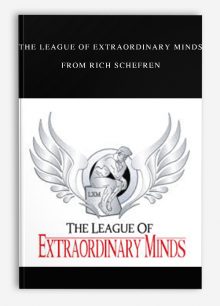
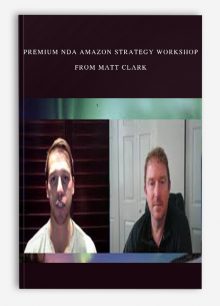



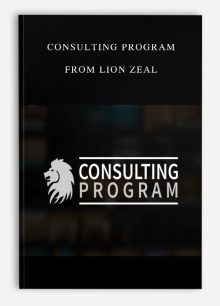
Lord –
This is Digital Download service, the course is available at Vincourse.com and Email download delivery.